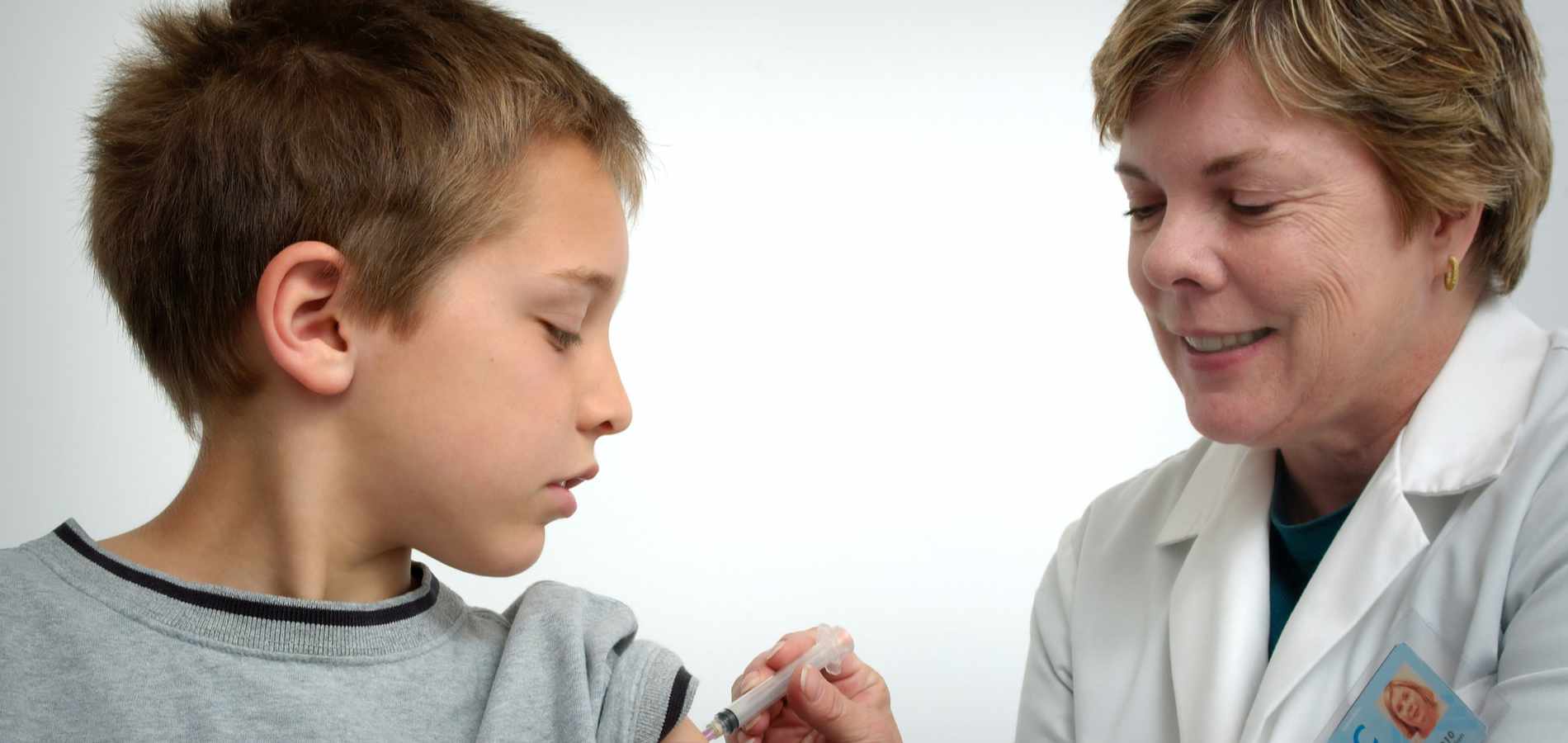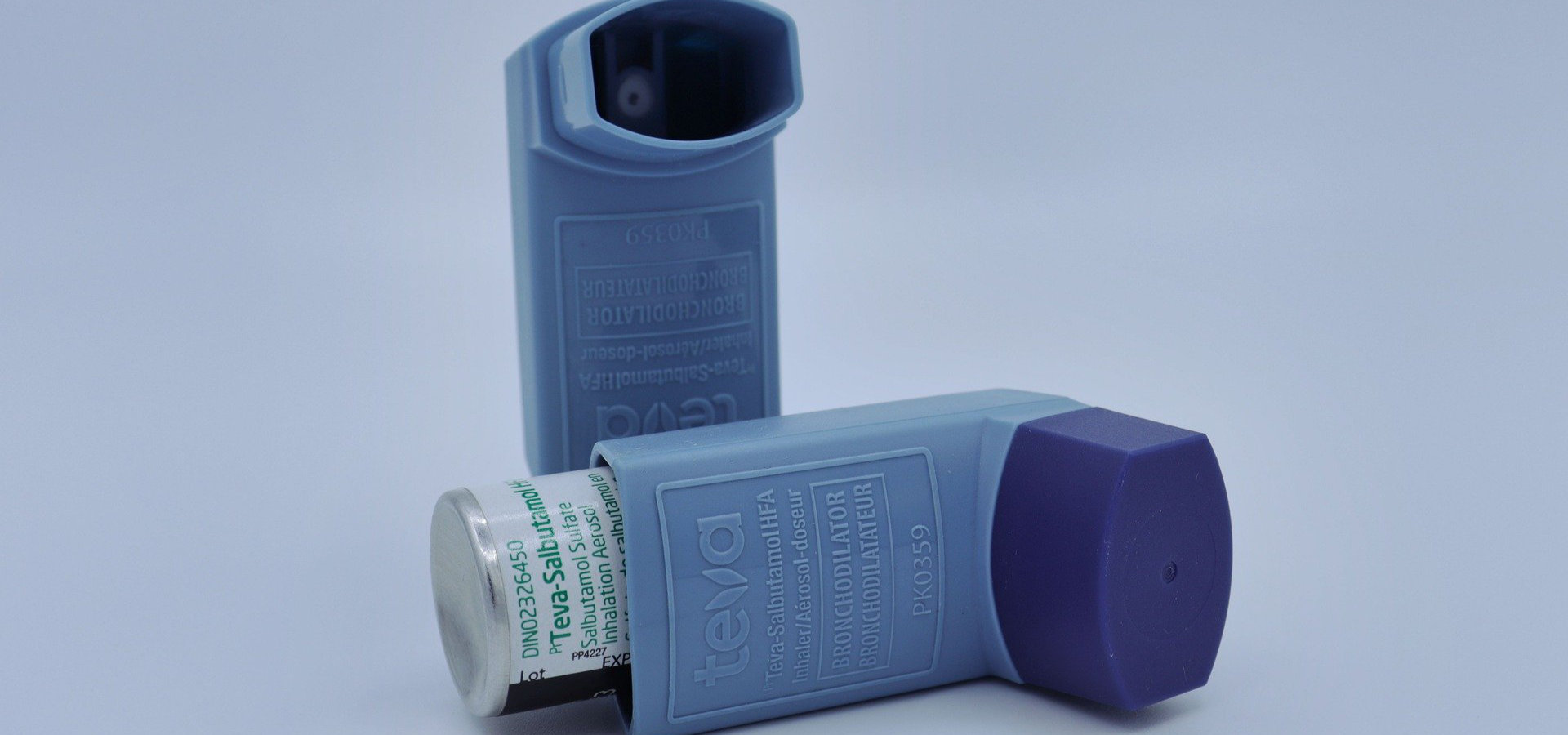The eNose (electronic nose) – a device that measures exhaled air – can be used in the clinical setting to help doctors diagnose asthma in patients and to provide a more personalized treatment to each patient. The conclusion is of a study by the Instituto de Saúde Pública da Universidade do Porto (ISPUP), which was published in the journal “Allergy”.
“The work emerged as a concept test to assess the effectiveness of the eNose in detecting differences between exhaled air in individuals with symptoms suggestive of asthma – a complex disease, in which the diagnosis is often a difficult process and not well adjusted to each patient”, says Mariana Farraia, first author of the study, coordinated by André Moreira.
“We wanted to see if the device was able to distinguish differences in exhaled air between individuals who had more symptoms suggestive of asthma and those who reported less symptoms”.
The investigation involved 199 volunteers, with or without an asthma diagnosis, recruited from the immunoallergology Department at the Centro Hospitalar de São João, in Porto. The study showed that the electronic nose is able to find differences in the compounds of exhaled air between individuals who have asthma and even among those who do not have the disease, but who have more characteristic symptoms of asthma, showing that there may be some abnormality at the inflammatory level of the airways.
Usefulness for clinical practice
For Mariana Farraia, “the present study aims to create more means of diagnosis to detect asthma and help doctors to define a more appropriate treatment for each patient”. Thus, there is a use for clinical practice, since with the results presented by the eNose device, it is possible to adapt therapy to the patient, depending on the variants detected by the electronic nose.
Previously awarded work
The work, published in the journal “Allergy”, at the end of January 2020, was awarded at the congress of the European Academy of Allergy & Clinical Immunology, which took place in Norway, between January 24th and 27th, 2019.
The same study also received an award which was presented at the International Severe Asthma Forum 2018 that took place in Madrid, between November 8th and 10th, 2018.
It should be noted that, according to data from the National Health Survey (NHS), the prevalence of asthma in Portugal is 5.3% (approximately 530 thousand people). The current article also served to influence the group’s next task: to develop an algorithm that allows for the identification of the most severe forms of asthma, which require a differentiated clinical approach, and which, according to the NHS, affect nearly 2% of the Portuguese population.
The research is entitled Human volatilome analysis using eNose to assess uncontrolled asthma in a clinical setting and can be accessed here. The researchers João Cavaleiro Rufo, Inês Paciência, Francisca Castro Mendes, Ana Rodolfo, Tiago Rama, Sílvia M. Rocha, Luís Delgado and Paul Brinkman also participated in the article.



